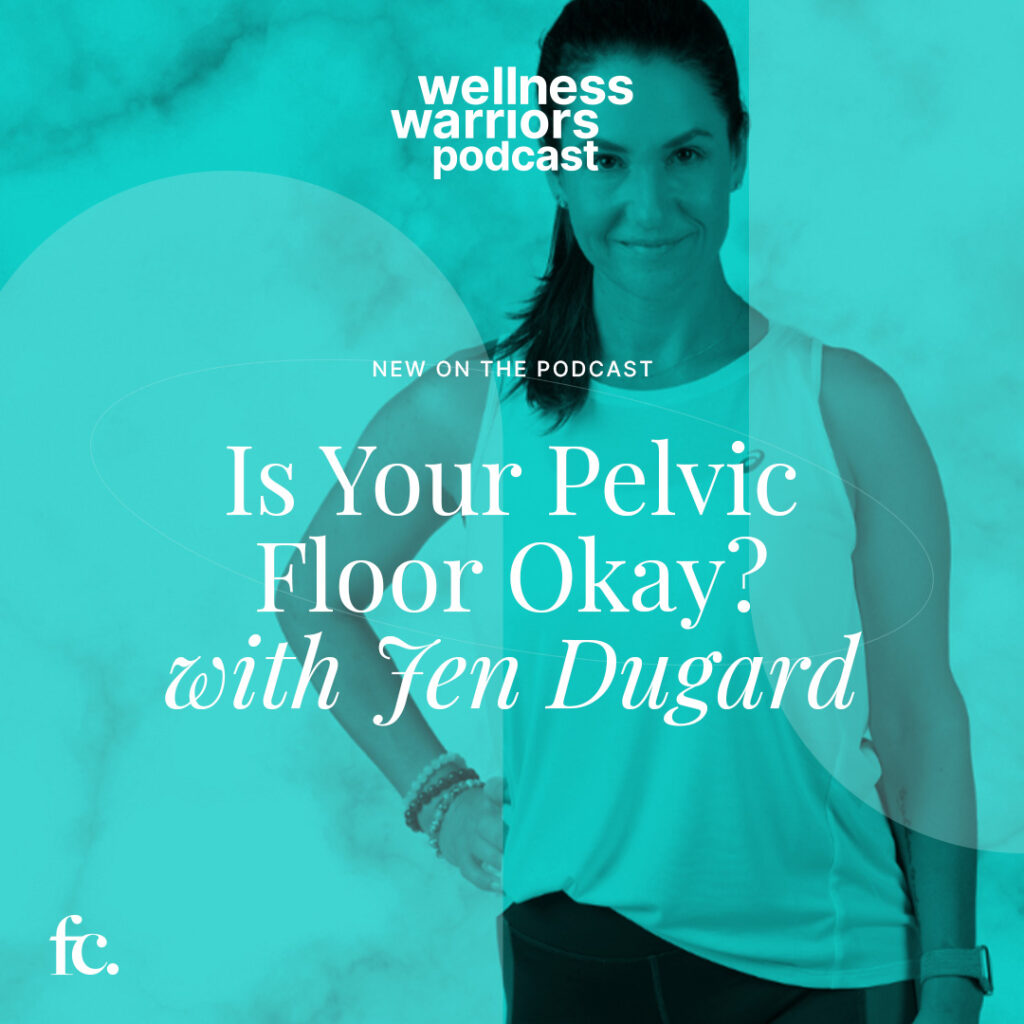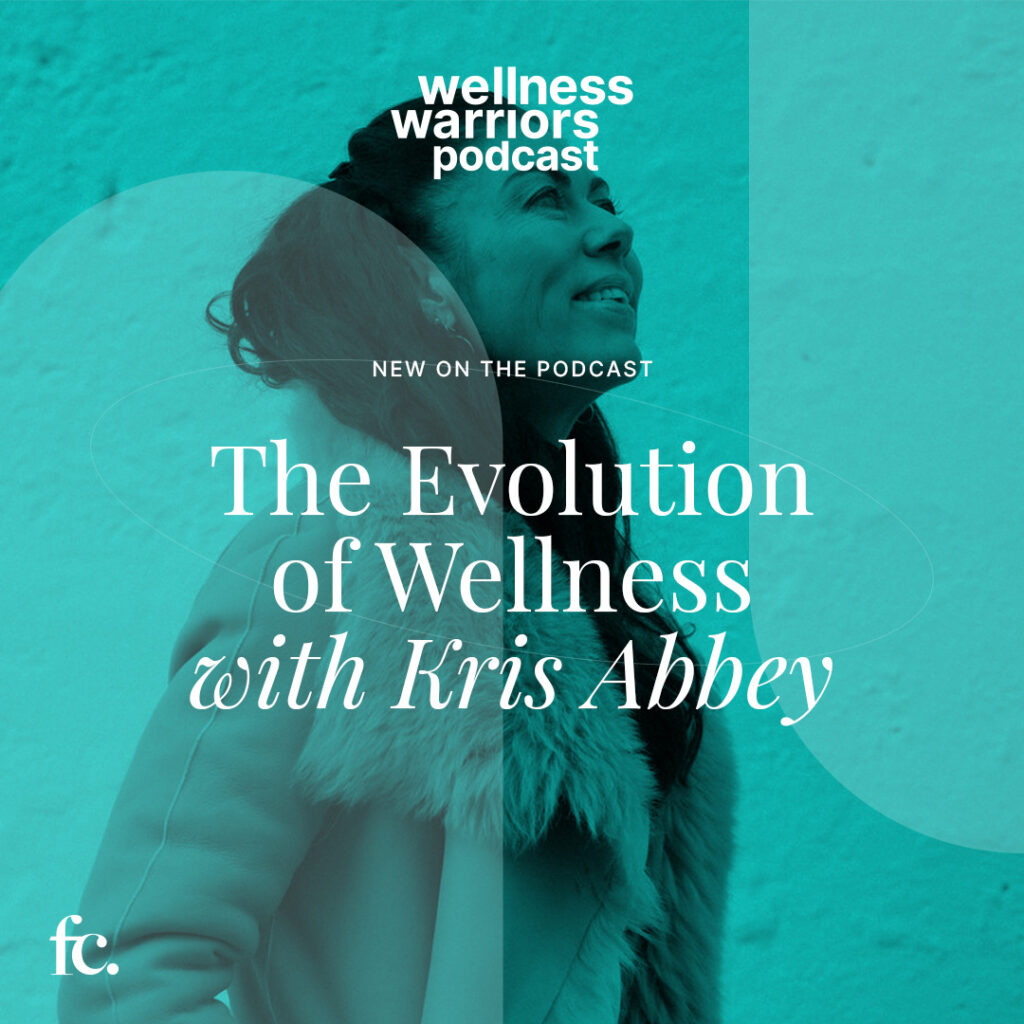Optimal Brain Function & Nutritional Neuroscience with
Dr Delia McCabe
Delia McCabe holds a Masters in Psychology and a PhD, which focuses on the neurobiology of stress and nutrition among women. Nutritional neuroscience has been Delia’s research focus for over 25 years. Using her psychology background, in combination with her neurological and nutritional knowledge, Delia provides a unique perspective on improving cognitive function, including focus, concentration, and learning capacity, shifting mood, enhancing our ability to manage stress, and creating new habits with ease.
As a neuroscientist and stress resiliency consultant, Delia has authored two phenomenal books penned from her years of research and experience. In her first book, ‘Feed Your Brain – 7 Steps to a Lighter, Brighter You!’ Delia examines the science behind how nutrition impacts brain function. Delia’s second book, ‘Feed Your Brain – The Cookbook’ brings this science into your kitchen and reveals how delicious, even decadent meals and snacks can support your optimal brain health.
For our lucky listeners, Delia has a special gift, a 2-for-1 offer on her books: https://exislepublishing.com/fyb/

Show notes:
01:04 – Where did you first start and how did you actually move on to become a stress resilience consultant. Where did that all come from?
Delia was working closely with the school children. She noticed that many smart students were failing and as she looked into the psychological variables, she was able to underpin the why behind their under-achievements. She addressed that the way they eat when they are young has an impact on their health throughout the rest of their lives. That also concerns their mental health around body image which either builds self-esteem or lowers it. She decided to dive deeper into psychology in mental health and how our brains adapt to stress resiliency, especially for women.
07:01 – As you looked into what was impacting stress in women and how you could actually look at becoming more resilient, what did that lead towards?
Delia herself was experiencing overwhelming stress during the time of raising her teenage kids. She realised a lot of women were feeling the same way which led her to question whether the stressed female brain is different to the male stressed brain. After diving into this topic in her PhD, she explains in detail how women are in fact more primed to be stressed due to psychosocial factors, our hormones, and how our brain actually operates differently from men’s.
12:23 – So learning how to deal with hormones is a massive conversation to have, but I guess it starts with the serotonin balancing and how do we get that right?
Gut health is key to improving our serotonin synthesis, Delia says. She stresses how important to consume more organic food and to keep away from chemicals that will negatively impact our endocrine system which causes overall hormonal imbalance.
15:38 – What is your take on what’s appropriate and how do we manage the heavy use of hand sanitiser recently because we know that it is an endocrine disruptor?
Delia herself sees this as a huge challenge in our society right now. However, she offers great suggestions on how we can best manage this concern. Delia addresses that as long as we are healthy and our body is functioning well, it means that we have a strong innate immunity that we will expel those toxins within our environment adequately.
18:02 – What are some of the things that we can learn to become more stress-resilient?
She discusses the expectations placed on women and our lifestyles, especially in the modern age and how that impact our stress level day-to-day. Delia points out the solution is to find what’s really important to the individual, their values. When we know what our priorities are and just focus on those that matter, stress will be more manageable. We will become more stress-resilient. Managing our blood-glucose system is also key.
22:56 – What are some of the things that we should be thinking about so that we can have greater brain function?
Delia explains how the prefrontal cortex is responsible, how it works and how we should use our energy and time to optimize its functionality. From the nutritional perspective, Delia stresses that having optimum nutrition is incredibly important to this part of our brain.
26:04 – What are some of the things that we can look at for optimum brain nutrition?
Macronutrients like fats and oils, protein and good carbohydrates are critical for optimum brain nutrition, Delia says. She discussed in detail what these are, their functionalities and what they do to your brain and body. She also gives recommendations of what type of food we can find these nutrients in – which to eat as close to nature as possible.
31:50 – What’s the best oil that’s going to really fuel your brain?
Omega six and omega three are the essentials, which we can get from eating a lot of greens and seeds like flax seeds and chia seeds. Delia also suggests the best sources of those oils to avoid toxins.
33:33 – When did you start to write books and what was the book you’ve launched?
Feed Your Brain: Seven Steps to a Lighter Brighter You by Delia includes some recipes that explain the science of feeding our brain optimally and how that also means feeding our body optimally as well. Her second book, Feed Your Brain: The Cookbook, takes that science into the kitchen with more recipes that support optimal brain health.
37:27 – What does wellness mean to you?
For me, wellness means that you don’t feel your body. And for me, I’ve always felt that that’s a real blessing because when people get older, they start creaking and they can’t bend down. And for me being flexible and not being able to feel my body is a great, great blessing. And I’ve worked to make that the case.
So I think not feeling my body is one aspect of that. But I think also being capable of living your best life. Because when your mood is stable, when you’re at the weight that you feel good at, when you have lots of energy, when you don’t have cravings when you can think clearly and creatively, you have the capacity to live out your dreams.







